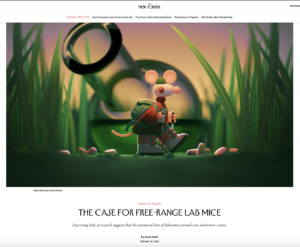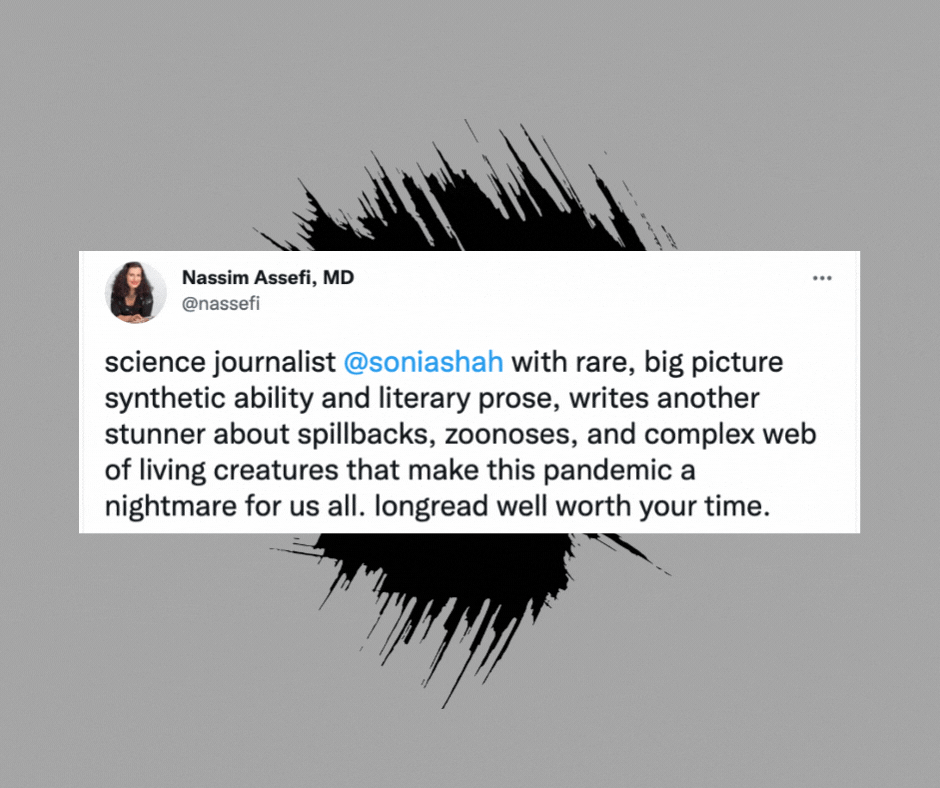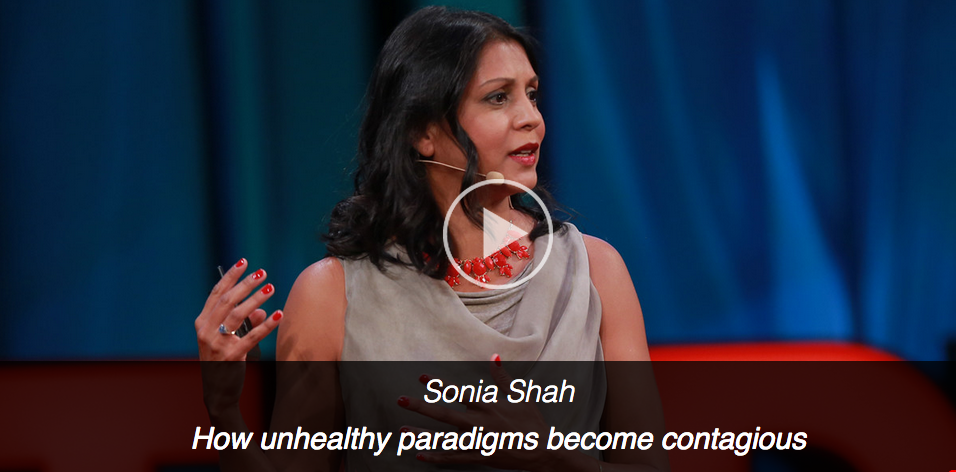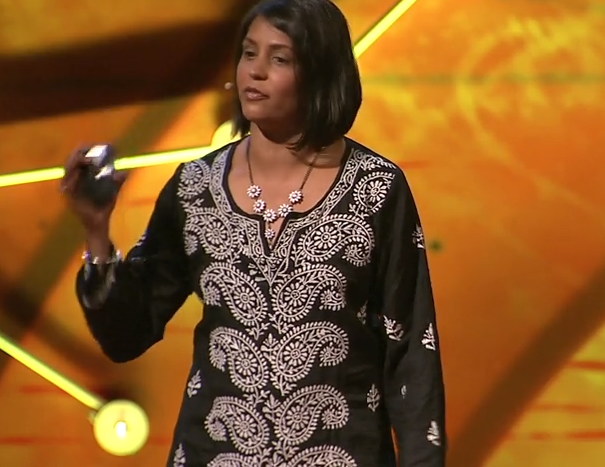I recently asked a bunch ofnurses at a NIH-funded malaria research clinic in Malawi where all thelocal malarial mosquitoes bred, and they answered in unison–“in theswamp.” Not so, said the mosquito biologist in the next building over.In fact the bugs that were killing their patients nursed their young inthe puddles right outside the hospital’s unscreened windows.
To think that we could develop a man-made mosquito–our ownsuper-mozzie–more adept than those in the wild, with their greatdiversity of habits and lifestyles greatly underestimates the wilinessof these dappled flies. Stalked by pathogens, relied upon by no creature,these insects have thrived for over 100 million years, in almost everyplace where the sun shines and the rain falls, however seldom. They’refantastically good at it. Some GM mosquito might beat a few of thesehardy survivors, in some places, at some times, but they couldn’t beatthem everywhere.
GM mosquitoes surely will teach us somethingabout the spread of malaria but they won’t end it. As with DDT, there’sno one-size-fits-all solution to malaria, our most ancient scourge, tryas we might to find one.













